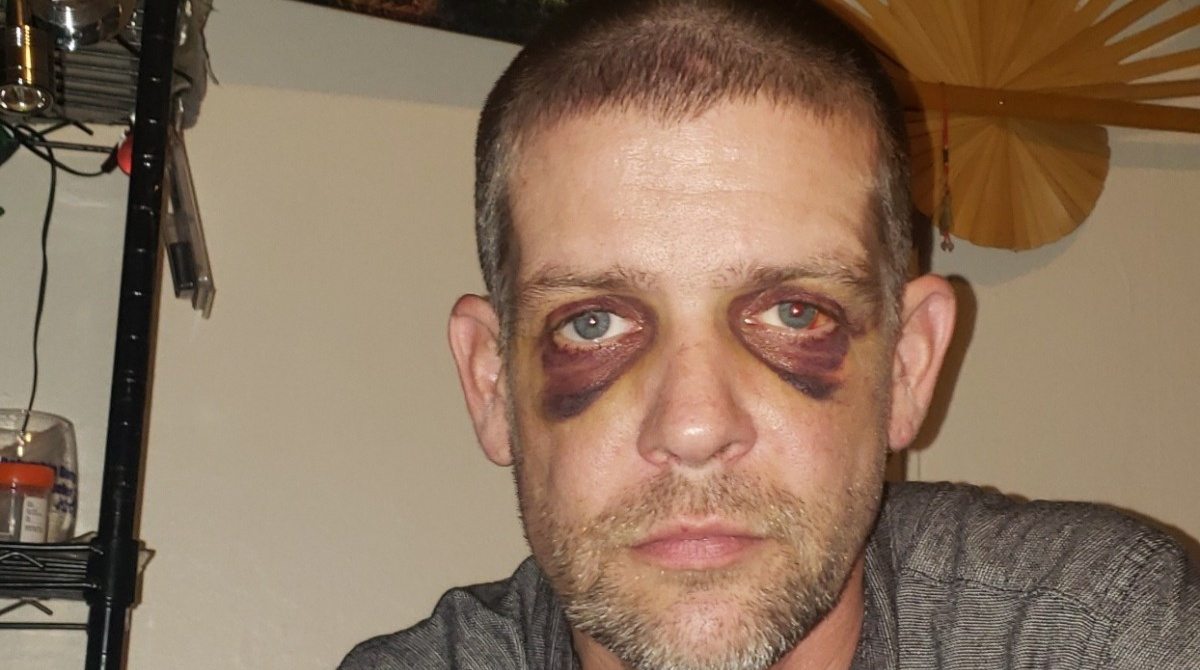It’s not the role of judges to reconfigure basic medical ethics
End-of-life issues pose some of the most difficult dilemmas in medical ethics. The Supreme Court confirmed yesterday that doctors can withdraw clinically assisted nutrition and hydration from a profoundly brain-damaged patient, if the family agrees, without permission from a court.
The case cuts straight to the increasingly contentious issue of whether people should be “allowed to die”. Is this actually a euphemism for killing someone? Proponents say it is the right thing to do if a patient’s life no longer corresponds to the idea of living. Who, though, is entitled to make such a judgment? And should it ever be made at all?
The legal prohibition against intentional killing once served as the crucial line in the sand for the protection of all. It is that fundamental protection that was destroyed, not yesterday but a quarter of a century ago.
To read my whole Times column (£), click here.




